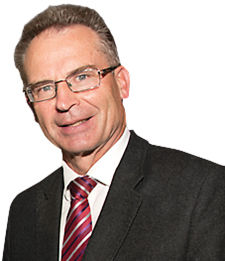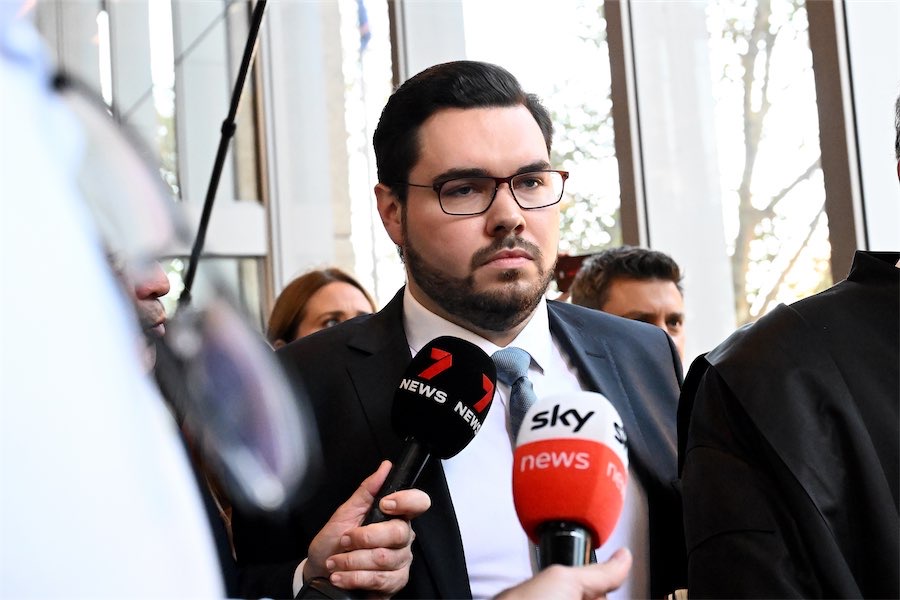“It is clear to me that ACT Labor and the Greens are acutely aware that there are far more votes in the tram than there are in addressing indigenous disadvantage,” writes JON STANHOPE.
LAST month’s NAIDOC celebration at the Alexander Maconochie Centre (AMC) was in equal parts happy and sad.

The happiness of the more than 100 Aboriginal men and women incarcerated at the AMC and of the wives, partners, parents, children, other family and friends who joined them for the celebration was palpable and infectious. It was a truly joyous time.
There was also an underlying sadness, which was persistent and cloying, and was a response in part, I guess, to the presence in a single room, of a large group of mainly young Aboriginal men and women from a part of our community that represents just 1.6 per cent of the population, but who were the faces who make up the normally invisible 24 per cent of all people in our prison who are Aboriginal.
This is incidentally the highest relative rate of indigenous incarceration in Australia and quite possibly the world and is an indictment of not just the ACT government but of all of us who live in Canberra.
We have chosen through our silence, complacency and self-centredness to not see, let alone respond to the patently obvious levels of disadvantage and poverty experienced by a large cohort of Aboriginal peoples in Canberra, a consequence of which is their massive over-representation in prison.
Regardless of this gloomy backdrop the celebration incorporated gracious speeches from Aboriginal Affairs Minister Rachel Stephen-Smith and the AMC general manager Corinne Jugaston.
However, the speeches of Ms Stephen-Smith and Ms Jugaston, while gracious, didn’t touch on or canvass the obvious incongruity of a celebration of Aboriginal culture and the place of Aboriginal peoples in contemporary Australia being held in a prison, which more than any other place highlights the extent that we as a nation, a community and as individuals have failed Aboriginal peoples.
I am sure the assembled detainees, and their families, who were after all the guests of honour at the celebration, would have welcomed the minister and the general manager using the occasion to expound on the government’s commitment to and plans for addressing the over-representation of Aboriginal peoples in the prison.
Information about the government’s plans for reducing recidivism, addressing substance abuse, facilitating post-prison employment and housing and for introducing genuine education, rehabilitative and employment programs into the prison would have been particularly well received.
Assuming, that is, that such plans exist and that the government’s claimed concerns about the crisis engulfing a large part of the local Aboriginal community are genuine.
In any event the detainees and their families would, I am sure, have welcomed an opportunity to ask questions of the Minister and the general manager about these issues and to provide them with personal insights into the reality of the current management of the AMC and its clear and obvious failings.
The pity is that the general lack of interest within the Canberra community about indigenous disadvantage has enabled the ACT government to pay lip service only to the needs of the Aboriginal community.
For instance, I cannot point to a significant indicator of wellness or wellbeing, outside of healthcare, which shows any discernible improvement in recent years, in the circumstances of Aboriginal peoples in Canberra.
This is most true in relation to contact by Aboriginal peoples with the criminal justice, juvenile justice and child-protection systems in relation to all of which the situation in Canberra has never been worse and in relation to which the ACT is consistently the worst performing jurisdiction in Australia.
The runaway recidivism rate and the accelerating rates of indigenous incarceration and child removal tell us that what we are currently doing to address this sorry state of affairs is clearly failing.
The 120 Aboriginal detainees addressed by the minister on NAIDOC day at the AMC are living embodiments of that failure but she neither sought to explain how the government proposed to respond to its past failings to break the cycle of offending and disadvantage or to seek to gain a first-hand understanding of the circumstances that led to those whom she was addressing to be locked up in prison.
One issue raised with me by a number of the detainees that might have been better put to the minister, for example, was what is it that the government proposes to do in the new 80-cell reintegration centre to rehabilitate prisoners or prepare them for release that could not currently be done in the existing facilities?
I told them that I feared the answer was “nothing”.
Another issue raised with me and of universal concern among detainees is that they are locked in their cells for, on average, 16 hours a day and left with absolutely nothing to do. When I asked why they thought this was being done the most common answer was that the prison budget had been cut to pay for the tram and there were not enough staff to enable them to spend more time out of cells.
While I am not sure if that is the case, it is clear to me that ACT Labor and the Greens are acutely aware that there are far more votes in the tram than there are in addressing indigenous disadvantage.
Jon Stanhope was chief minister from 2001 to 2011 and represented Ginninderra for the Labor Party from 1998. He is the only chief minister to have governed with a majority in the Assembly.
Who can be trusted?
In a world of spin and confusion, there’s never been a more important time to support independent journalism in Canberra.
If you trust our work online and want to enforce the power of independent voices, I invite you to make a small contribution.
Every dollar of support is invested back into our journalism to help keep citynews.com.au strong and free.
Thank you,
Ian Meikle, editor




Leave a Reply